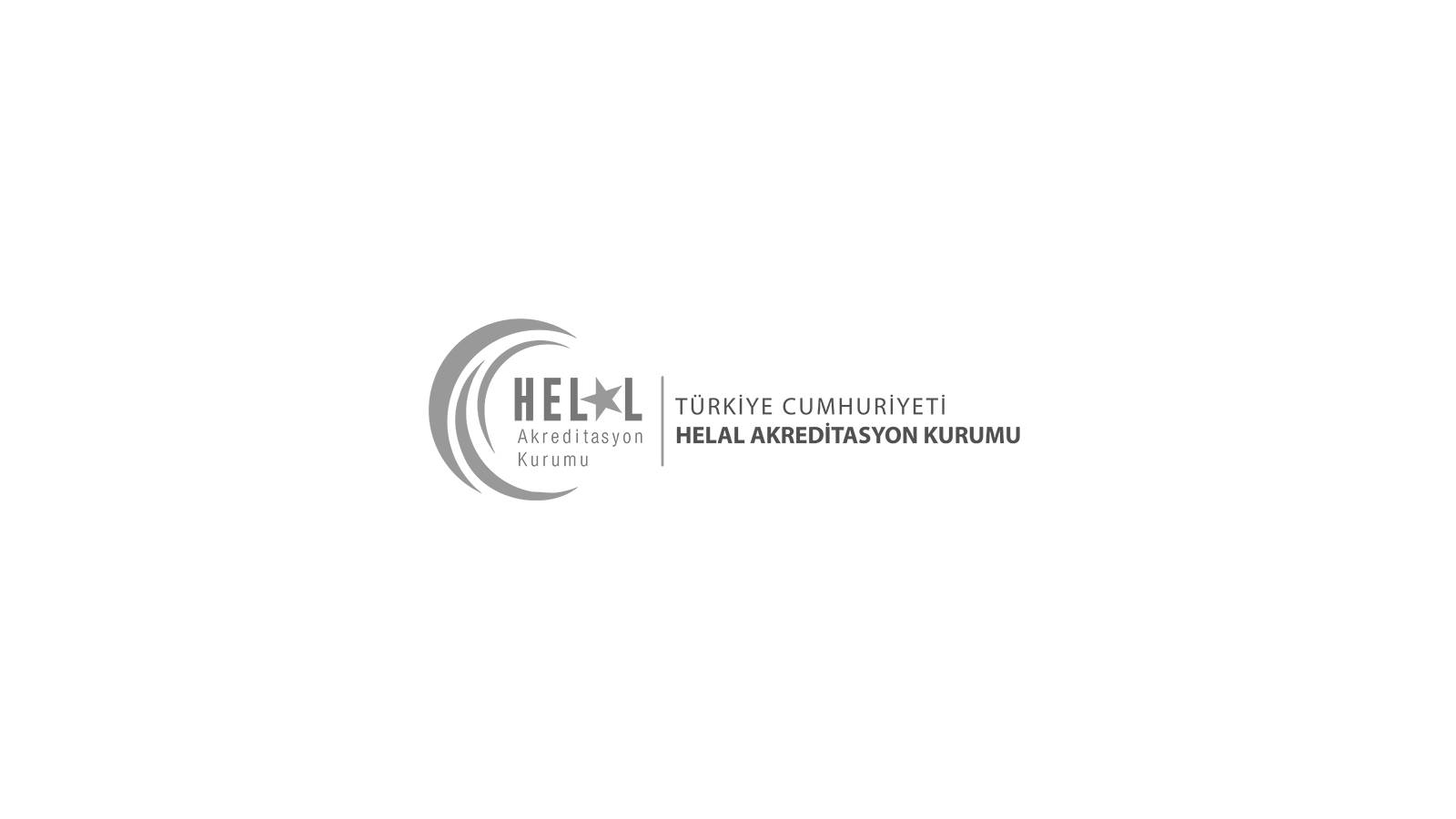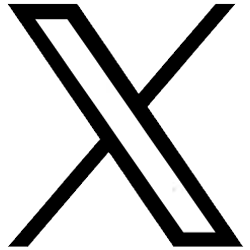
Qatar
Population
Capital City
Doha
Currency
Volume of Trade
Percentage of Muslim
%68
GDP per Capita (Nominal)
Approximately 70 percent of Qatar's 3 million inhabitants are Muslims. The country's main export products are oil/petroleum products and natural gas. The trade volume between our country and Qatar is over 1.3 billion US dollars as of the end of 2023.
Qatar, a member of the Organization of Islamic Cooperation since 1972, is represented in the Standards and Metrology Institute for Islamic Countries (SMIIC) by the Qatar General Organization for Standardization (QGOS). In addition to the Conformity Assessment committee within SMIIC, it also takes part in the Halal Food Issues (TC1), Agricultural Products (TC6), Transportation (TC7), Textile and Related Products (TC9), Petroleum and Related Products (TC14) committees. The country is also a member of the Islamic Forum for Halal Accreditation Bodies (IFHAB), an OIC-affiliated international body that will be responsible for the functioning of the system for multilateral recognition of accredited halal certificates in line with OIC/SMIIC standards.
Halal Certification Activities
Organizations wishing to carry out halal certification activities in the country must be authorized by the Qatari Ministry of Public Health. The organization that will apply for this must meet the conditions specified in the Halal Food Guide published by the Ministry. In the said guide, it is stated that Halal / Halal Slaughter Certificate is required for imported products and these certificates should be issued by Islamic organizations authorized by MOPH. However, it is stated that there is no obligation to issue Halal/Halal Slaughter Certificates for the relevant products coming from Muslim countries, but this exception will not prevent the verification of these requirements in these Muslim countries when necessary. The Halal Slaughter Certificate is required to be issued for all types of unprocessed meat, while the Halal Certificate is required to be issued for any food product containing any ingredient of animal origin, such as meat, fat or gelatin and other ingredients, and for foods bearing a halal label/logo.
A memorandum of understanding was signed between HAK and Qatar Ministry of Public Health on October 14, 2022 to improve cooperation in the field of halal quality infrastructure. Pursuant to this memorandum of understanding, halal certificates issued by certification bodies accredited by our Agency are accepted by Qatar.
|
Authorized Institutions
|
Schedule of Events
|
Legislation
|
|
|
For Details Click here
|
The information on this website is provided by the Halal Accreditation Agency (HAK) for general information purposes only. While the content and information on this website are periodically reviewed and aspired to be correct, complete, and updated; the Agency does not assume any liability or does not guarantee the accuracy of information provided.
The website of the HAK may contain links providing direct access to external internet resources, including websites that are not provided or maintained by or in any way affiliated with the Agency. The Agency takes no responsibility for and will not be liable for the links provided on this website.
The information on this website cannot be reproduced or used without prior approval from the Agency, and/or credit is given to the source.







